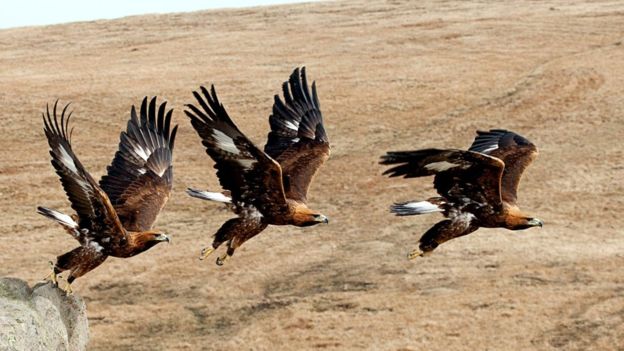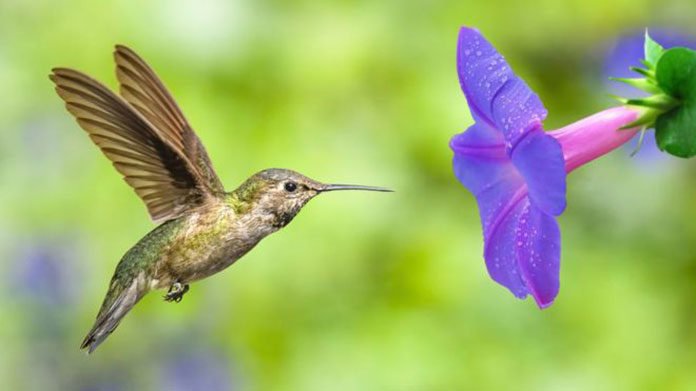Increasing our understanding of Earth’s biodiversity and responsibly stewarding its resources are among the most crucial scientific and social challenges of the new millennium. These challenges require fundamental new knowledge of the organization, evolution, functions, and interactions among millions of the planet’s organisms.
Now, a mission to sequence the ordination of each identified animal, plant, plant life, and protozoan – a bunch of noncellular organisms – is afoot. The Earth BioGenome Project (EBP) has been delineated as a “moonshot for biology”. A key aim is to use the knowledge in efforts to conserve vulnerable species.
Scientists say clues regarding however species adapt to the environmental amendment may well be hidden in their DNA code.
As a piece of the venture, the Wellcome Sanger Institute, that strives a critical half inside the human ordination venture, has focused on sequencing the genomes of every one of the 66,000 Great Britain species.

Dr Jim Smith, chief of science at the Wellcome Trust depict the mission as convenient, including that it had been “officeholder upon individuals everywhere to help consciousness of biodiversity”
Through this project, it is possible to efficiently sequence the genomes of all known species and to use genomics to help discover the remaining 80 to 90 percent of species that are currently hidden from science.
The outcomes of the EBP will inform a broad range of major issues facing humanity, such as the impact of climate change on biodiversity, the conservation of endangered species and ecosystems, and the preservation and enhancement of ecosystem services.
Prof Harris Lewin from University of California, Davis, who is chair of the project pointed out, “only about 3,300 of the 1.5 million known species have had their genomes sequenced.”
“Look at agriculture. Three-quarters of our global food supply depend on just 12 crop species. We need to identify genetic sources of improved resistance, particularly to drought in the face of climate change, in order to protect our food supply.”
